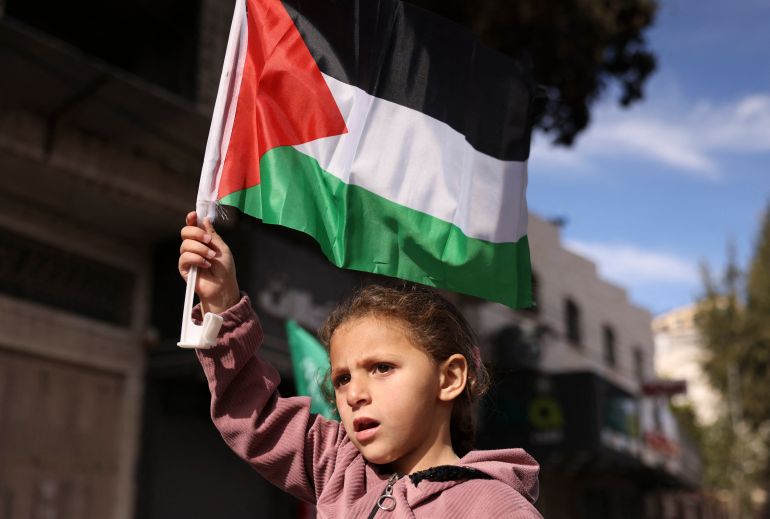The humanitarian crisis in Gaza intensifies as Israeli forces expand operations, leading to significant casualties and destruction. The World Food Programme (WFP) warns of an impending famine, and United Nations Secretary-General António Guterres has urgently referred the matter to the UN Security Council.
Since Tuesday, 5 December, the Israeli military has been conducting operations in the southern city of Khan Younis, involved in “intense battles” with Hamas fighters.
The conflict has resulted in “unimaginable loss, destruction, and misery,” and “everyone in Gaza is hungry,” according to the United Nations World Food Programme (WFP).
Israel’s security cabinet on Wednesday, 6 December, approved a “minimal” increase in the amount of fuel entering Gaza, but global leaders and aid groups assert that there needs to be much more assistance entering the enclave.
On Thursday 7 December, 69 trucks carrying urgently needed aid entered Gaza from Egypt, which is less than half the daily average observed during the Israel-Hamas truce last week, according to the United Nations’ humanitarian agency.
In the same vein, only 61,000 liters of fuel managed to pass through on Thursday, significantly below the average of 110,000 liters.
The United Nations agency for Palestinian refugees, UNRWA, warns that Gaza is approaching a point of no return, with a blatant disregard for international humanitarian law that leaves a lasting impact on our collective conscience. Philippe Lazzarini, the commissioner-general of UNRWA, has called for increased funding to address the worsening situation.
Hamas has declared a “state of famine” in northern Gaza, citing the absence of aid since 1 December. According to the Israeli rights group B’Tselem, the limited amount of aid permitted into the territory is deemed equivalent to intentionally starving the population.
Al Jazeera has reported that in the last 24 hours, nearly 350 people lost their lives due to direct air strikes on their residences. The Israeli military has released a statement indicating that it targeted 450 locations in the Gaza Strip, with observations suggesting that these targets include residential homes.
Following the formal referral by Guterres, the situation in Gaza has been brought to the attention of the UN Security Council. He has called on its members to take action and “avert a humanitarian catastrophe” in the besieged enclave.
The UN Security Council is under acute pressure from Secretary-General António Guterres and is set to vote on urging an immediate ceasefire after weeks of war. Guterres invoked Article 99 of the UN Charter, an extraordinary step not taken by anyone in his role for decades.
In his letter to the council, he highlighted the imminent threat to international peace and security in Gaza due to constant bombardment by the Israel Defense Forces (IDF). The United Arab Emirates has prepared a draft resolution, expected to be voted on Friday, 8 December, calling for an immediate humanitarian ceasefire, protection of civilians, release of hostages held by Hamas, and humanitarian access to Gaza.
The outcome of the vote is uncertain, as previous drafts were rejected, and the United States, a key ally of Israel, has expressed skepticism about the usefulness of a new resolution at this stage.
Israeli Foreign Minister Eli Cohen criticized Guterres, calling his tenure “a danger to world peace” after invoking Article 99.







Comment (1)
Easy solution. Get rid of Hamas